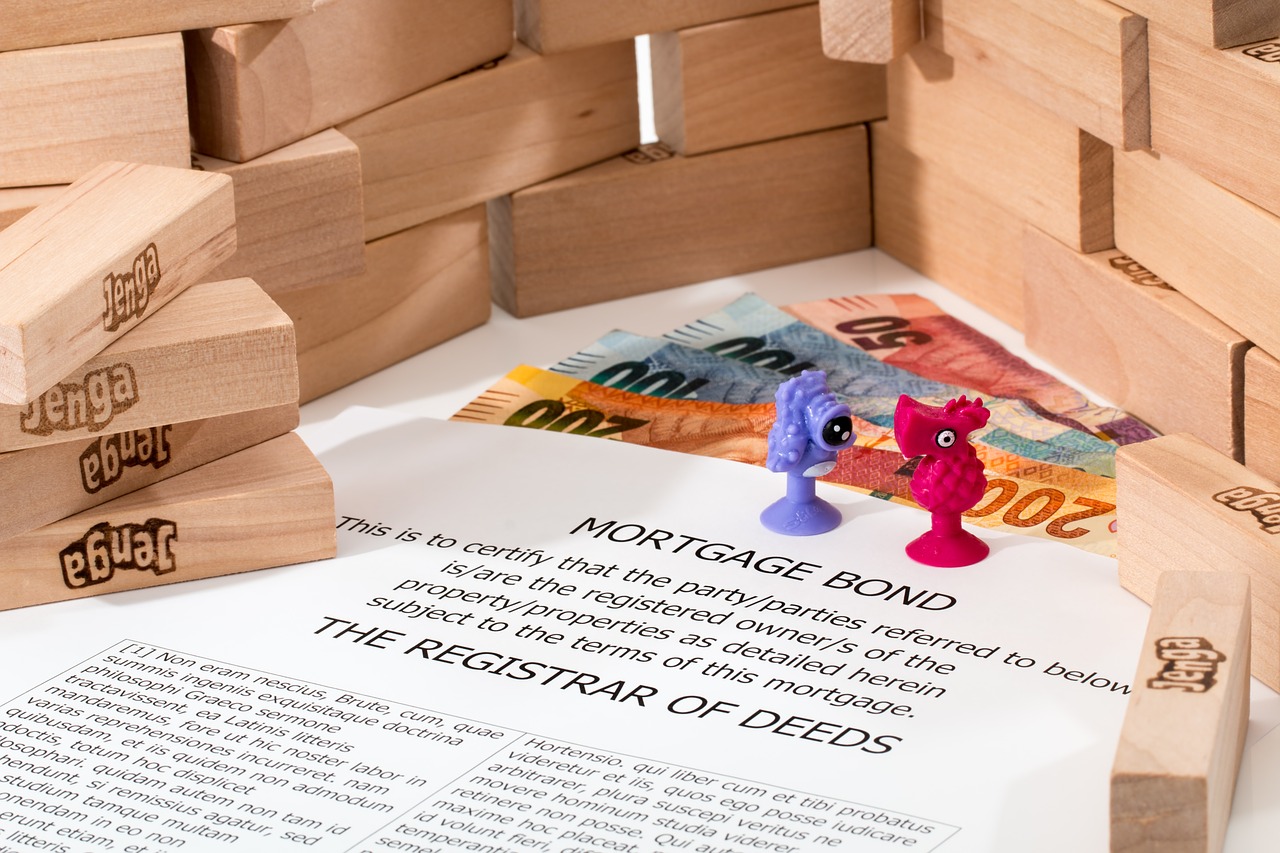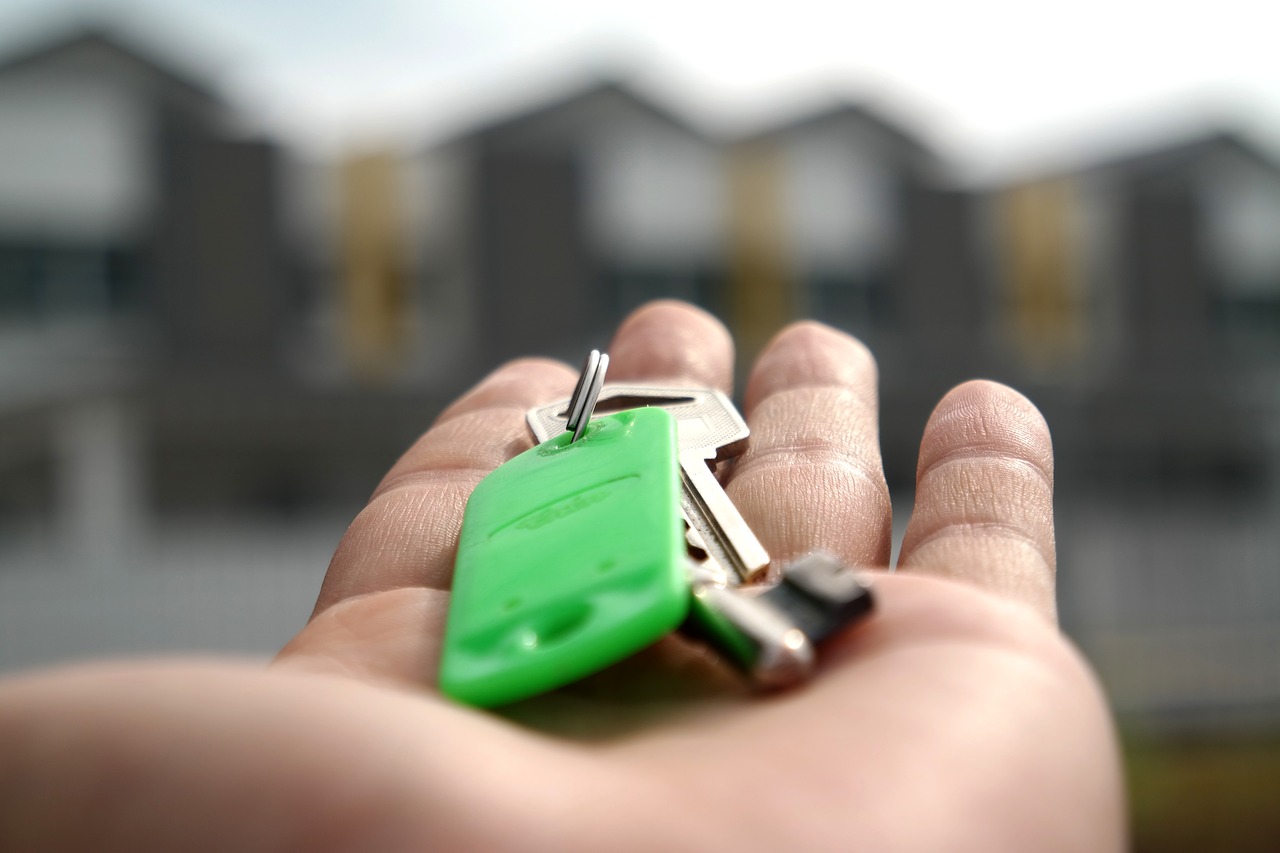This is a contributor’s blogpost …
As you wander through life, you’re faced with many different crossroads that take you down different paths. These are usually big life decisions that you need to make, and they have a huge bearing on you and the people around you.
I find that most people reach a point in their lives where they approach an all too familiar crossroads – buying a house. Do you go down one turning and make the purchase, or do you choose another option and not? It’s heavily argued that you should own a home at some point. People are keen to point out the benefits of owning a house and how it can be a sound investment and a great way to spend your money.
Consequently, this leads many people to think about buying a house. In fact, I’m willing to beT you’re reading this now because you’re one of those people. Well, I’m here to tell you to think again. That’s not to say that buying a house is conclusively bad, it’s just that you should rethink things to ensure it makes sense for you.
This is where today’s post comes into the equation. I’m going to help you think about the bigger picture and consider this from all angles. By ‘thinking again’ you should be able to be in a better position to make an informed decision.

Photo courtesy of Nattanan23 via Pixabay
Property Isn’t Always A Great Investment
There seems to be a common understanding that property is a great investment. People tell you to sure up some funds in real estate as it’s a very reliable source of profit. There’s some truth behind this, but there’s also a lot of falseness lingering. It’s true, you can make loads of money developing a solid property portfolio. Also, buying a home for your family can be a decent investment if you’re lucky. Property prices should rise over the years, meaning you can sell it when you move home and make a profit.
However, things don’t always work out like this. Time can take its toll on your home and mean that it ends up in much worse condition than when you bought it. So, even when you factor in the growth of the property market, it still might sell for the same price, if not less. Not to mention the fact you pretty much have to stay in your home for fair few decades before its price could increase enough to make a substantial profit. Some people might want to move home after five years because of a new job, in which case, they won’t be able to sell their house for profit.
It’s also a lot harder to sell your property than it is to sell other assets such as stocks or shares. You can pretty much sell them whenever you want, as long as the timing is right and you’re happy with the money you get. With a house, you have to go through a really long process that includes negotiations where people are trying to haggle your property down to as low a price as possible.
Granted, you can make a lot of money by purchasing a house and then renting it out to different tenants. Or, you can try and flip it for profit too. However, this refers to investing in a house purely for income. If you’re keen to actually buy a family home to live in, you won’t see these investment benefits. You’ll have to try and keep your house in great condition and hope the price increases over time.

Photo courtesy of StevePB via Pixabay
Renting Can Be More Affordable
A lot of us want to buy a house because we’re sick and tired of paying rent all the time. We want to do away with those monthly payments, and just have a property to call our own. The problem is, even if you buy a house, you could still end up paying your mortgage off every month. If you don’t have the capital to pay the full price of your house, you’ll need to apply for a mortgage loan. You’ll put a down payment on the house, and the mortgage broker will agree on a payment plan for you. This will detail how much you pay every single month – it’s like rent, only under a different name!
Yes, you obviously get more privileges when you buy a house compared to renting one. In that sense, paying your mortgage isn’t the same as rent – but this concept of regular monthly payments to someone still exists. You’re just replacing it with a different thing. To make matters worse, you’re contractually obliged to pay off your mortgage over time. You can’t just decide you want to stop paying it off and be done with it. On the other hand, if you find a house or flat for rent, you have the option to leave whenever your contract is up. Most flats/houses have contracts spanning from a few months to a year or more. Others are on more loose contracts where you can leave anytime you want as long as you give the correct amount of notice. So, if you decide you’ve had enough of paying rent, you can look for a cheaper option, and stop paying your rent to your current landlord.
Not only that, but rent can be a more affordable payment than mortgage repayments. Especially if you live somewhere small or in a non-desirable location. Mortgage repayments can easily be in the thousands every month; renting can be a much cheaper option that’s easier on your finances.

Photo courtesy of Mastersenaiper via Pixabay
Buying A House Puts Everything Under Your Control
When you buy a house, everything about that house is now under your control. You decide how it looks, how the walls are painted, what the furniture looks like, what gas company you’re with, and so on. A lot of people see this point and think of it as a positive in favor of buying a house. In some ways, it can be. If you like being in control of everything and are sick of living with a strict landlord, then this is great. Likewise, your flat might have a set gas/electric provider that’s more expensive than what you could find independently.
However, you have to realize that everything is now under your control and under your responsibility. This includes issues with the home and things that need to be fixed. My mother recently bought a home after renting for years and has been stressed out because of all the little things she has to take care of. There’s damp that needs to be removed, there are hidden leaks that are surfacing, a dishwasher that needs to be removed. All these issues could’ve been handled by a landlord if she was renting her house. Of course, this is just one example, but you get the point I’m making here. You have to handle all the problems that occur, and they could be costly problems too. Landlords must ensure their properties are safe and well looked after. Otherwise, their tenants can sue them. They’re keen to pay for things and help out whenever they can.
You may think this whole article is designed to put you off buying a house for good – it’s not! I simply want to show you some things you might not have thought about before. Like the title of this article says, you might want to think again! If, after seeing all these things, you still think you’re fine, and you want to buy a house, go for it! But, don’t assume it’s something you must do.

